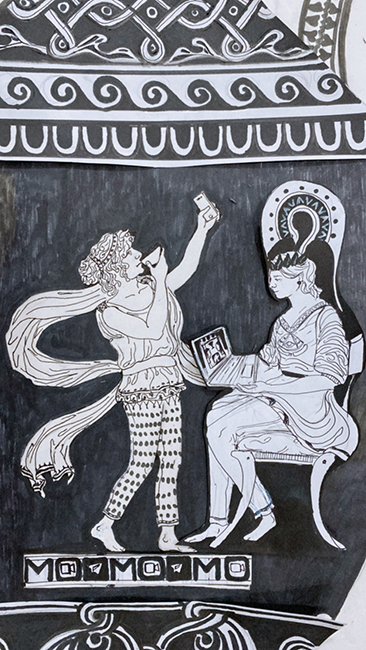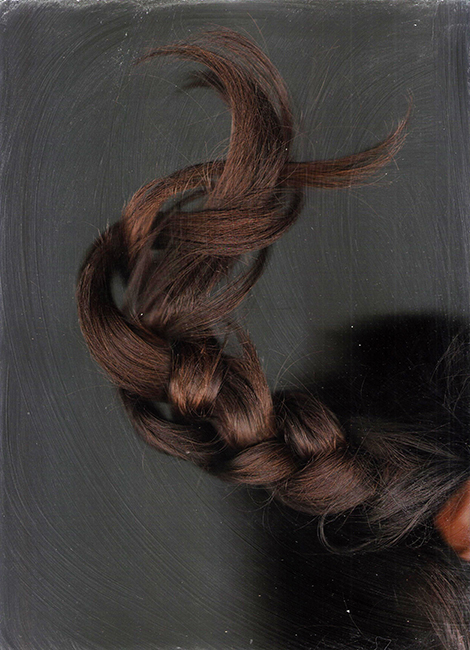BLOG
all the news of Tbilisi photo festival
SUBTROPICAL CULTURES: A PLATFORM FOR ARTISTIC EXCHANGES
When visual arts become a channel for dialogue and intercultural cooperation between conflicting parties, alternative ways of building trust also emerge.
Implemented by Tbilisi Photo Festival 2021-2022, ‘Subtropical Cultures: A Platform for Artistic Exchanges’ is the first long-term project uniting Georgian and Abkhaz artists.
Along with new professional and educational opportunities, the project also provided an intellectual basis for improved understanding among Georgian and Abkhaz artists and reflection on existing stereotypical narratives prevailing in both societies.
Artists took part in two art residency programmes: ‘In the Shadow of the Big Trees’ and ‘The Storm in Our Seas’. The project also included a series of lectures by international experts and artists, production grants, a 4-month mentorship programme by internationally renowned artists, webinars, and an exhibition. Participant artists produced works in different mediums—including photography, video art, painting, and installations.
A team of Georgian and Abkhaz curators worked directly with residency artists, created ‘artistic duos’ among them that unite a Georgian and an Abkhaz artist to work on joint projects. Besides being a strong emotional and intellectual exchange, this experience contributed to efforts to build trust between artists from sides divided by conflict.
Project's digital publication includes information about Georgian artists and their works, as well as interviews that have been realized by Abkhaz and Georgian participants between them. The interviews – hold online – have become an additional channel of communication and dialogue. The identities of Abkhaz participants must remain anonymous.
Tbilisi Photo Festival
The project ‘Subtropical Cultures: A Platform for Artistic Exchanges’ took place online due to the pandemic. We decided to establish new connections between Georgian and Abkhaz artists through the arts. Our aim was to create a secure and open platform in order to facilitate artistic exchanges.
The project was not dedicated to exploring the truth, but to listening to one another and sharing each other’s viewpoints. During the program, young artists got to know each other, took inspiration from one another, gained new knowledge - attended lectures by experts in various fields. As a result, each of them, reflected on these experiences and in a material of interest to them, created final artworks.
I hope the friendships acquired throughout the project will be maintained, the heated discussions and disagreements will be resolved.
Program Curator
Elene Kapanadze
Artists
Tiko Imnadze
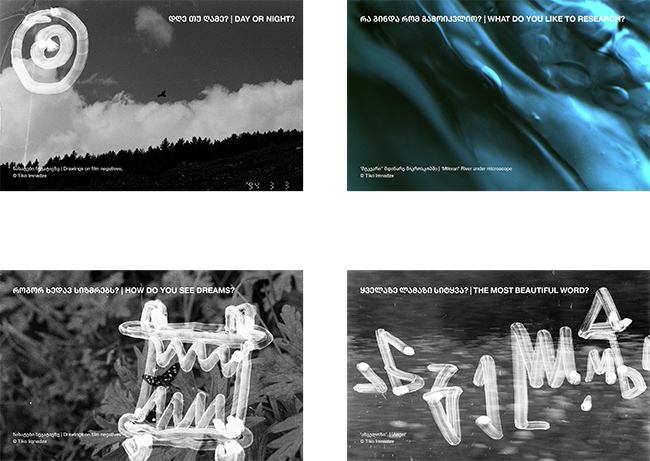
Mariam Aqubardia
Guram Sakvarelidze
Mariam Akubardia: Art has the possibility to show us things that are visible otherwise and are beyond reality. Art can make us think about things that are often not noticed.
Guram Sakvarelidze: Only through art it is possible to talk about the things that are beyond rational. Deconstructing conventional truths and giving them new meanings. All of these helps create strong bonds between humans.
Anastasia Akhvlediani
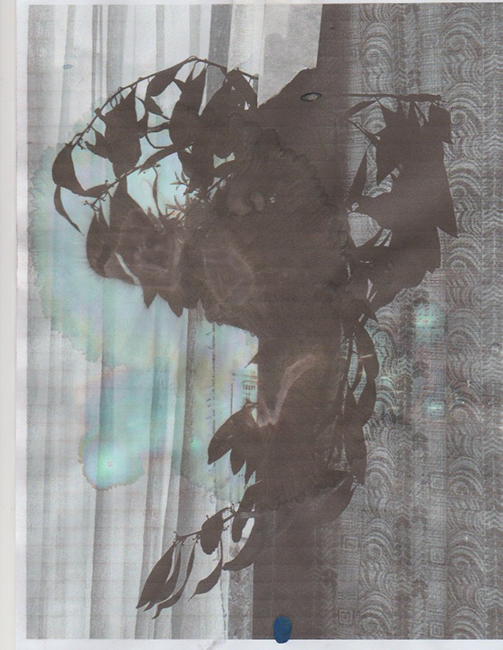
I was 9 when I visited an exhibition of kids’ art class. I asked my mom to sign me up for next semester, since I never stopped doing art. I think I felt an enormous urge to express myself. At nine years old, art was the only way, and I guess still is the only way.
Tamar Kalandadze
In my belief, humans are wearing garments of gender, nationality, tradition, religion and so on. These notions are extremely important, but they are just instruments of self-expression for that universal human being you mentioned above. Nationality is a variable. The fact that I am Georgian, and you are Abkhazian at the given moment of our lives creates a certain configuration of events, which could be a sort of symmetrical analogue to our past lives in Ancient Greece, for example, where you were probably Corinthian, and I was Athenian.
Sandro Pachuashvili
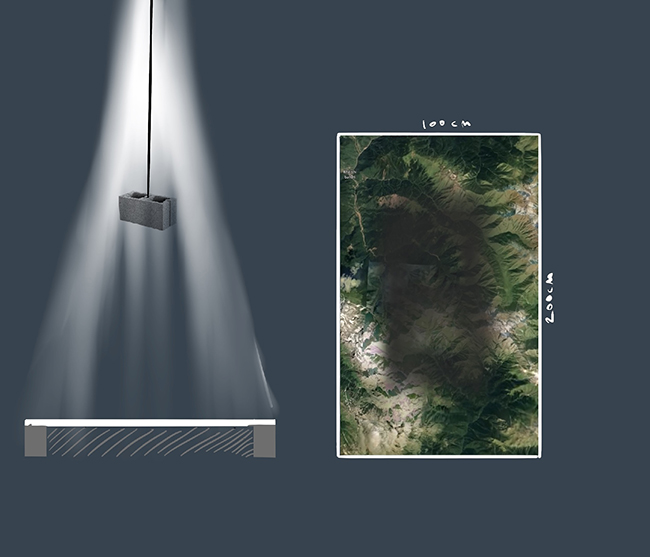
I changed the theme for this project 2 times, the last theme I selected is about the human conflict that is in its core artificial and in the bigger sense of time, also ridiculous. Usually, whatever the wars are fought about is the land which we also destroy and don’t care for. My project is based on the local legend of the Caucasus.
Mari Kalabegashvili
In the frameworks of the residency, her work process involves imagery of hair and braids with a specific choice of material – an emergency thermal blanket, that already has various topics of its own, but reworking them to offer a personal statement or a perspective from a Caucasian born woman.
Qeu Meparishvili
![]()
![]()
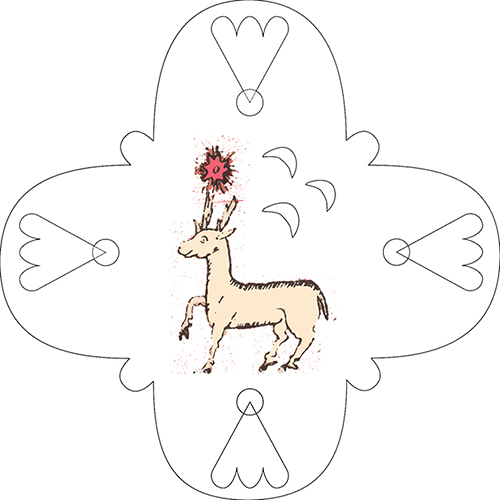
Dreams play a big role in the process of my creative work. I am interested in eschatology and I think that dreams are a part of this; like a hidden connection between two dimensions. It is always interesting as to why did your subconscious mind decide to show you a certain plot? As Galaktioni said: “I see dreams, different from yours”.
Elene Shengelia
Basa Metreveli
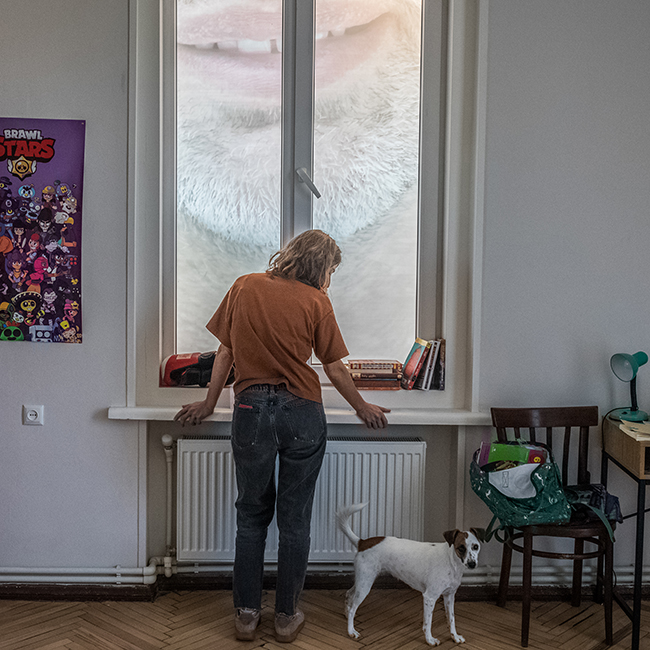
We think that yes, satire is relevant. Satire is a form that has never really ceased to be relevant from the down of history, not only in Georgia. And we know that it’s cliché and of course, political satire is very usual for Georgian TV shows and even for the art scene, but there is something noteworthy about cliché. A cliché is a cliché because there is something important, something that’s always interesting to return. You just have to try to find something new in cliché, try to find new insight into it, and that’s what we tried to do with this playbook.
Cover Image: Tiko Imnadze’s “Mtkvari” - River under microscope.
Project Manager - Nestan Nijaradze; Project Coordinator - Elene Koridze; Curator of Art Residencies - Elene Kapanadze; Graphic Design - Gvanca Gabunia.
BACK
